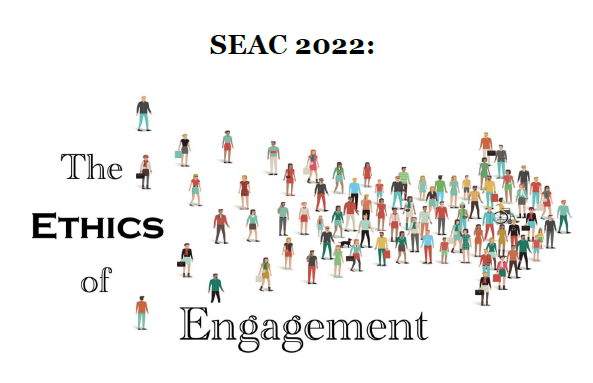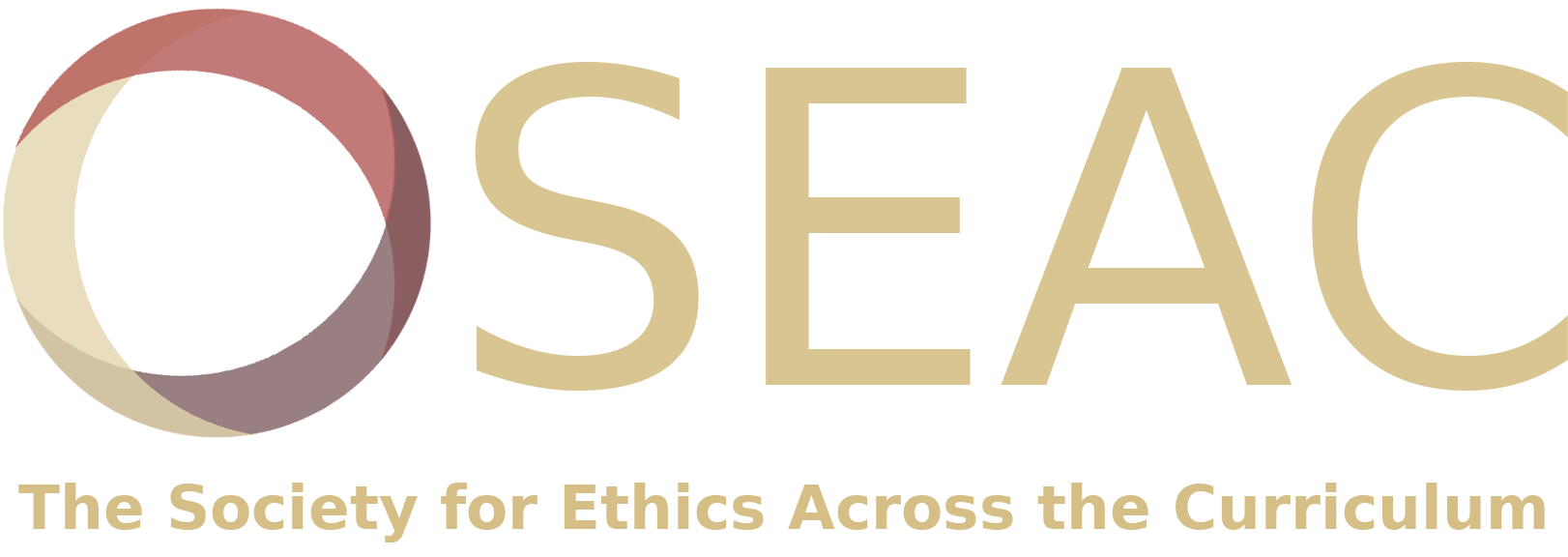
Concurrent Session 5C
Location
Ford Ballroom C, The Inn at Ole Miss
Start Date
7-10-2022 1:35 PM
End Date
7-10-2022 2:45 PM
Description
- Community Engagement to Advance Construction Ethics / Sarah Merrill, Moral ReSources
While teaching Ethics to engineering and construction industry students extending back to the late 1980s, I was asked to collect the case studies of construction contractors and others, concerning major ethical stress in the building trades and construction process. Behind most disastrous collapses, (e.g., the Rana Plaza case of 2013) are serious ethical issues. My new book _The International Casebook in Construction Ethics _ (and Ebook with limited on demand print copies), field tested on my engineering/construction technologies students, has over one hundred case studies on all aspects of construction ethics, including newer issues like Adaptation to Climate Change, Mandates for Improving Ventilation in an era of Respiratory Viruses, Sustainable and Regenerative Building, and Sick Building Syndrome. I need more exposure (being retired since 2017) and ideas for community engagement as well as public policy initiatives to get this material into the hands of workers in the skilled building trades, construction managers, and the public. I would lead a short discussion about Construction Ethics and hear ideas from this wonderful forum of participants in Ethics Across the Curriculum, a field I helped to found many years ago. Unless more community engagement occurs, construction will not see the changes we need to make, to reduce its damaging global environmental impacts, energy use, and production of unhealthy buildings. - Teaching Value Sensitive Design / William Frey, University of Puerto Rico at Mayaguez
Value sensitive design responds effectively to the disengagement of STEM students from ethical issues. It is interdisciplinary and consists of discovering, translating, and verifying values. This presentation will disseminate three projects that use VSD to promote research in community engagement: A graduate student studied a community’s development, management, and governance of an aqueduct designed to produce and distribute clean water. She found that the community aqueduct design is robust and can also be applied to community managed microgrids to generate electricity. A graduate student studied the flight of STEM graduates in Puerto Rico to North America; this brain drain has intensified Puerto Rico’s diaspora. She identified eleven work expectations (“expectativas laborales”), tested their robustness in western Puerto Rico, and ranked them in terms of their importance. This list will help technically oriented businesses in western Puerto Rico recruit and retain STEM graduates. It also provides a preliminary list of the constituents of meaningful work for this group. Two natural disasters have caused a shortage of affordable housing in Puerto Rico. One group of STEM students examined the feasibility of micro-homes while another examined houses built from recycled storage containers. This presentation will introduce value sensitive design using a “heuristic” developed by Flanagan, Howe, and Nissenbaum. It will also incorporate work on resolving value conflicts by Diego Gracia. Finally, it will focus on disseminating the projects supported by NSF SES 1449489, Cultivating Responsible Wellbeing in STEM.
Session Chair: David Schwan, Central Washington University
Relational Format
conference proceeding
Recommended Citation
Merrill, Sarah; Frey, William; and Schwan, David, "Concurrent Session 5C" (2022). Society for Ethics Across the Curriculum Conference. 30.
https://egrove.olemiss.edu/seac/2022/schedule/30
COinS
Oct 7th, 1:35 PM
Oct 7th, 2:45 PM
Concurrent Session 5C
Ford Ballroom C, The Inn at Ole Miss
- Community Engagement to Advance Construction Ethics / Sarah Merrill, Moral ReSources
While teaching Ethics to engineering and construction industry students extending back to the late 1980s, I was asked to collect the case studies of construction contractors and others, concerning major ethical stress in the building trades and construction process. Behind most disastrous collapses, (e.g., the Rana Plaza case of 2013) are serious ethical issues. My new book _The International Casebook in Construction Ethics _ (and Ebook with limited on demand print copies), field tested on my engineering/construction technologies students, has over one hundred case studies on all aspects of construction ethics, including newer issues like Adaptation to Climate Change, Mandates for Improving Ventilation in an era of Respiratory Viruses, Sustainable and Regenerative Building, and Sick Building Syndrome. I need more exposure (being retired since 2017) and ideas for community engagement as well as public policy initiatives to get this material into the hands of workers in the skilled building trades, construction managers, and the public. I would lead a short discussion about Construction Ethics and hear ideas from this wonderful forum of participants in Ethics Across the Curriculum, a field I helped to found many years ago. Unless more community engagement occurs, construction will not see the changes we need to make, to reduce its damaging global environmental impacts, energy use, and production of unhealthy buildings. - Teaching Value Sensitive Design / William Frey, University of Puerto Rico at Mayaguez
Value sensitive design responds effectively to the disengagement of STEM students from ethical issues. It is interdisciplinary and consists of discovering, translating, and verifying values. This presentation will disseminate three projects that use VSD to promote research in community engagement: A graduate student studied a community’s development, management, and governance of an aqueduct designed to produce and distribute clean water. She found that the community aqueduct design is robust and can also be applied to community managed microgrids to generate electricity. A graduate student studied the flight of STEM graduates in Puerto Rico to North America; this brain drain has intensified Puerto Rico’s diaspora. She identified eleven work expectations (“expectativas laborales”), tested their robustness in western Puerto Rico, and ranked them in terms of their importance. This list will help technically oriented businesses in western Puerto Rico recruit and retain STEM graduates. It also provides a preliminary list of the constituents of meaningful work for this group. Two natural disasters have caused a shortage of affordable housing in Puerto Rico. One group of STEM students examined the feasibility of micro-homes while another examined houses built from recycled storage containers. This presentation will introduce value sensitive design using a “heuristic” developed by Flanagan, Howe, and Nissenbaum. It will also incorporate work on resolving value conflicts by Diego Gracia. Finally, it will focus on disseminating the projects supported by NSF SES 1449489, Cultivating Responsible Wellbeing in STEM.
Session Chair: David Schwan, Central Washington University


